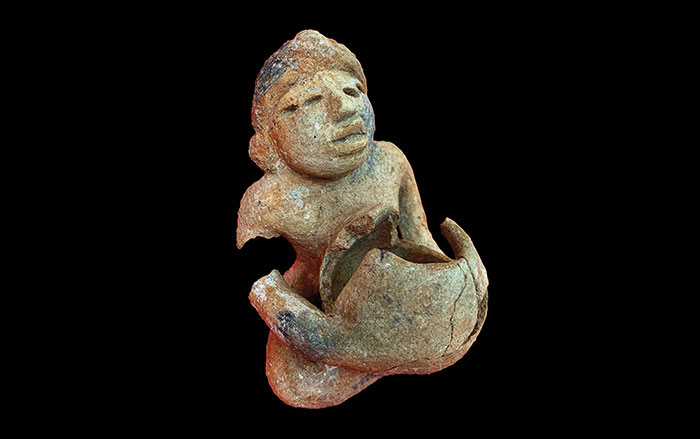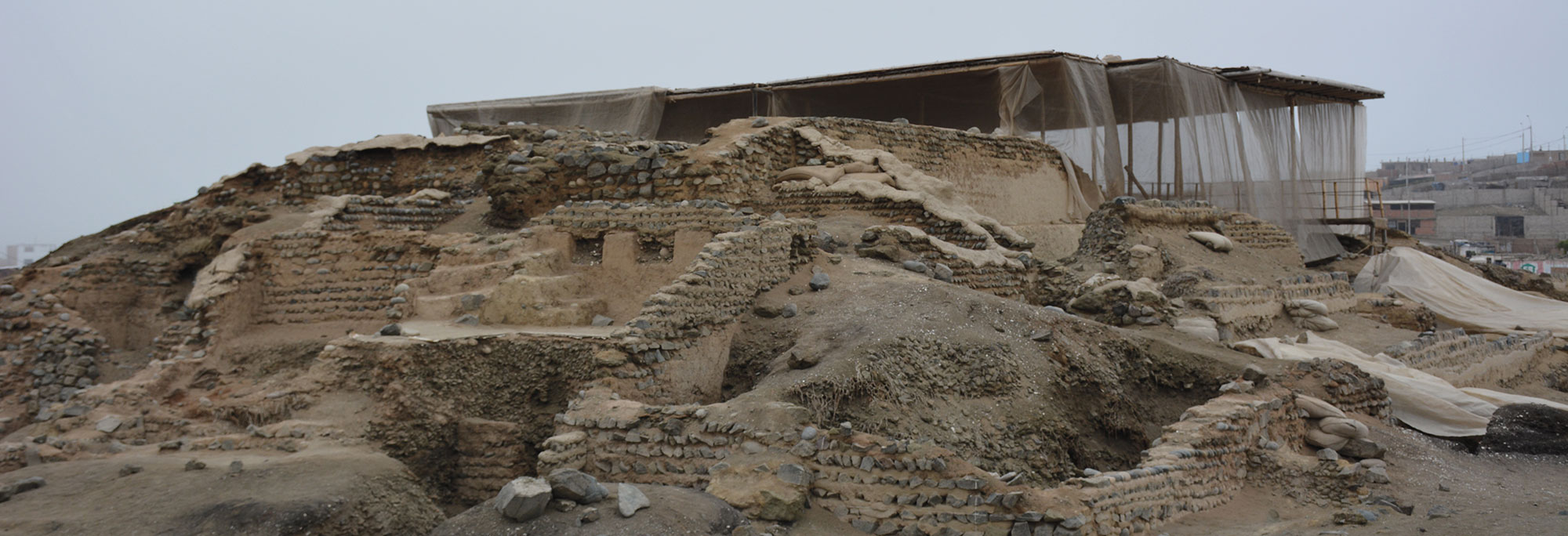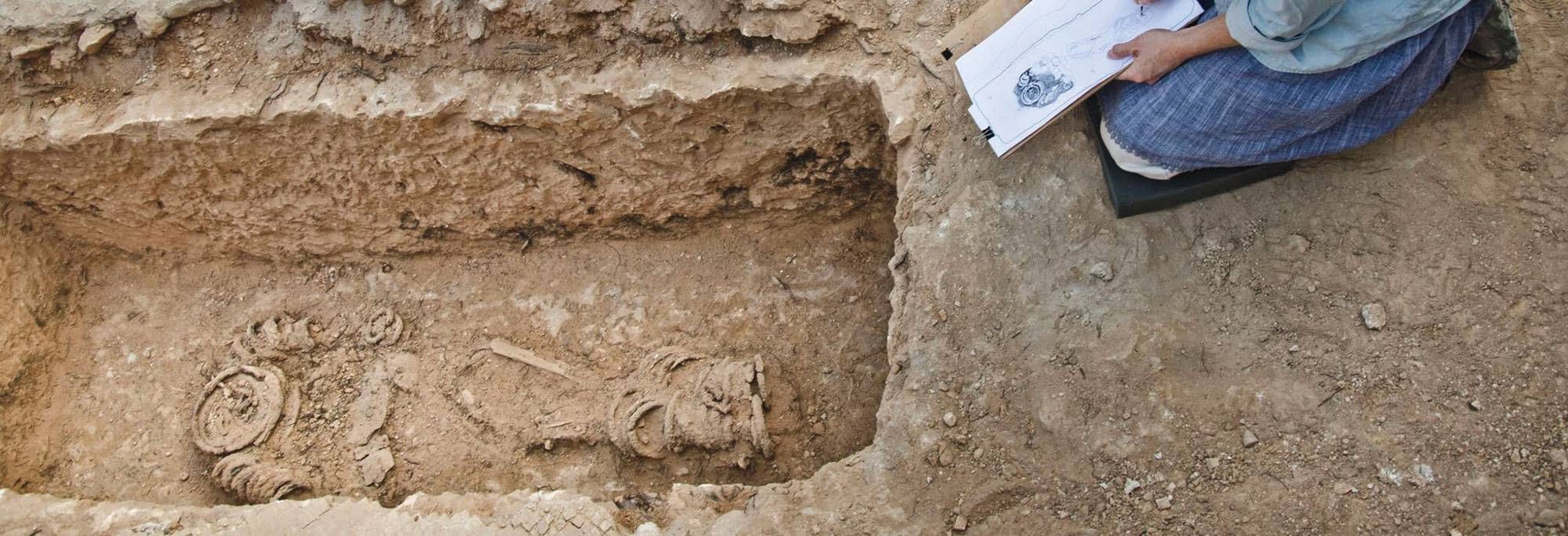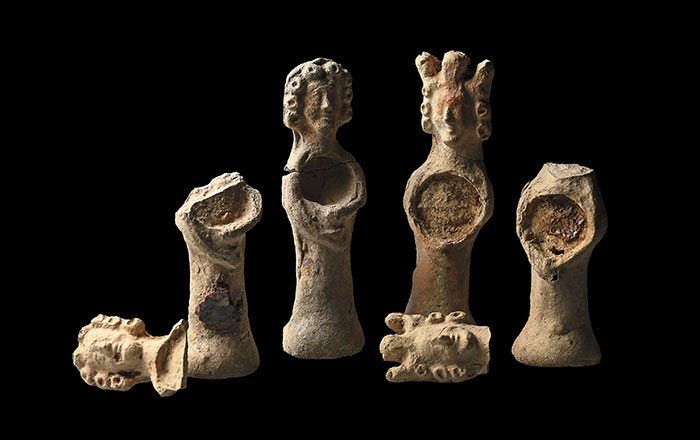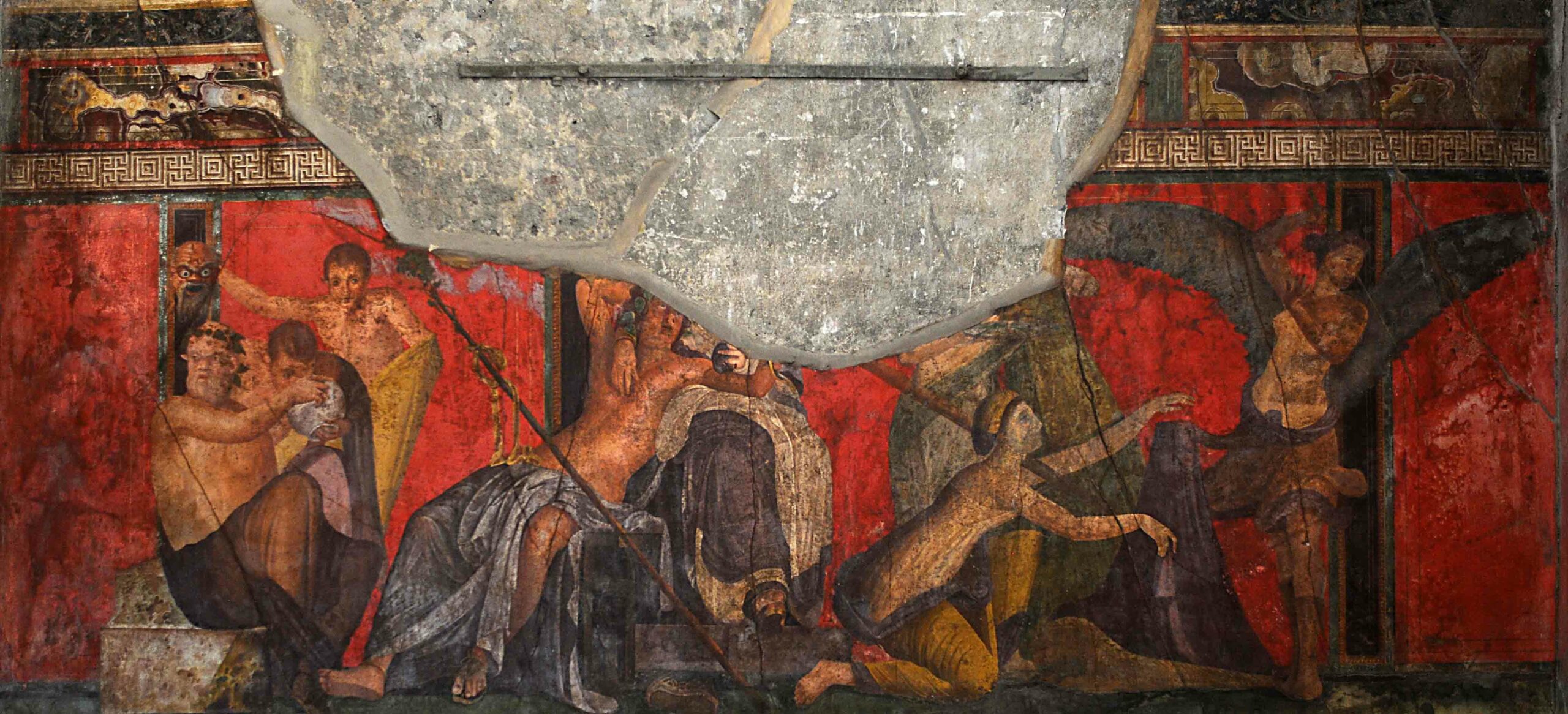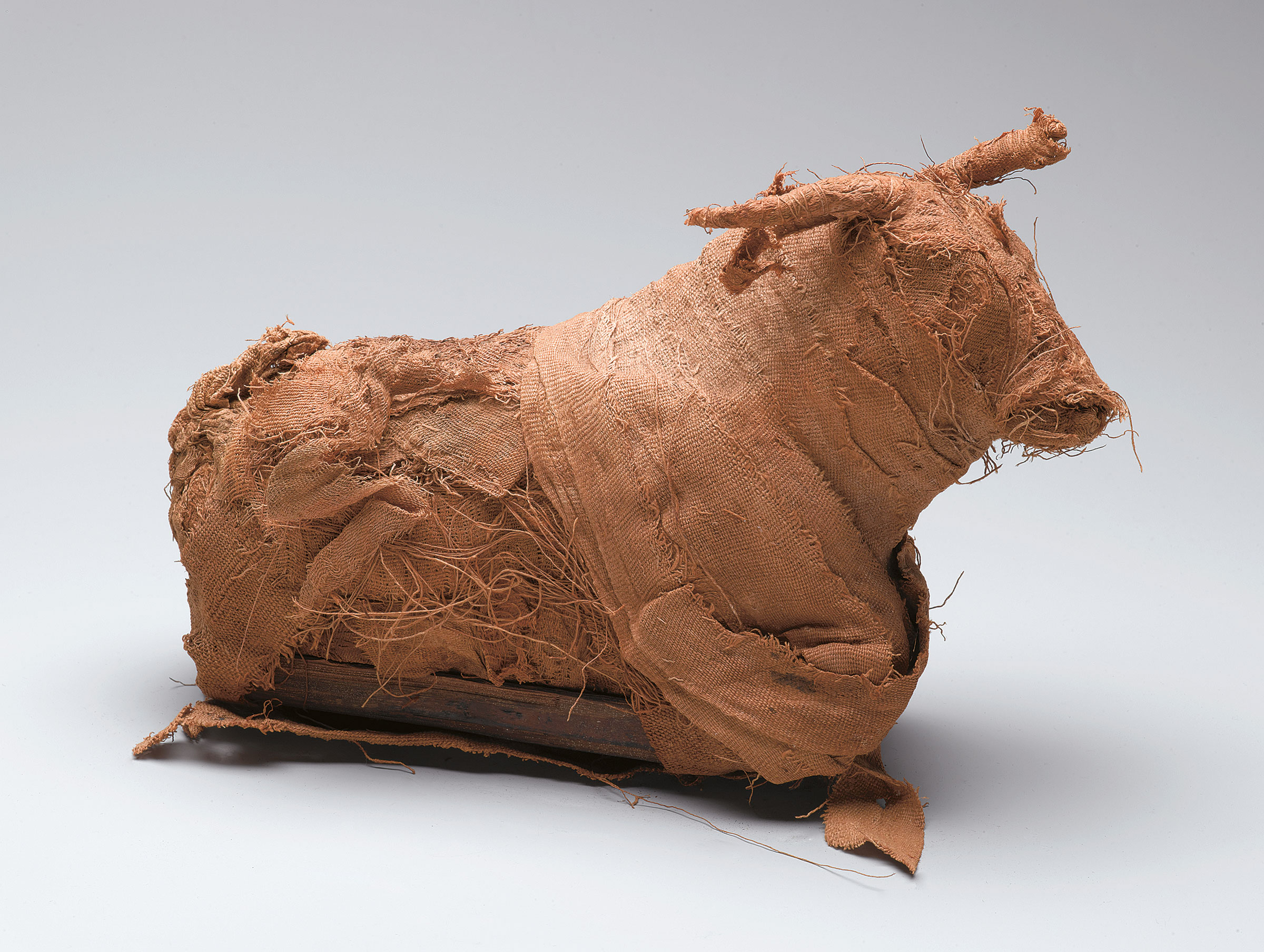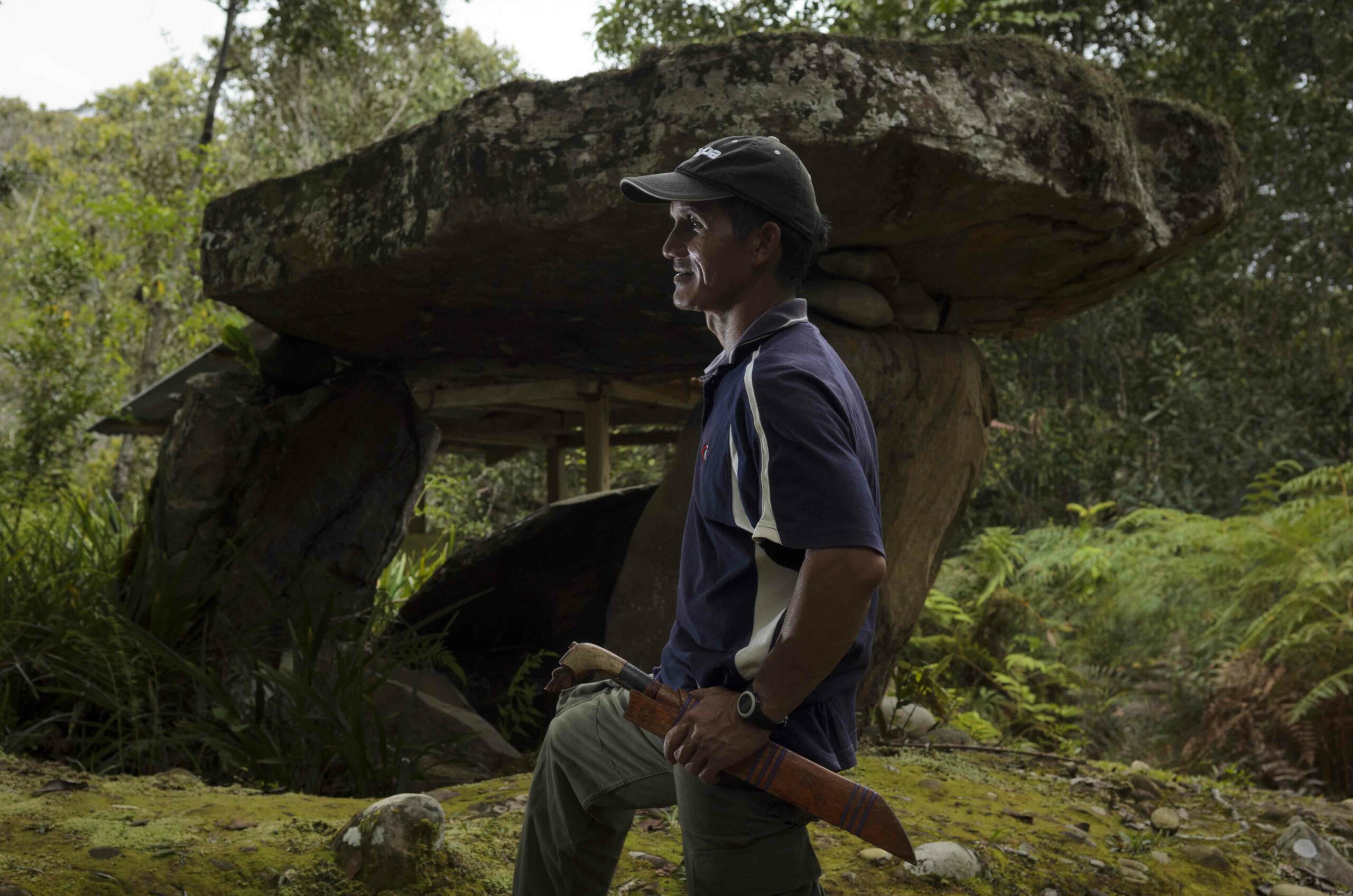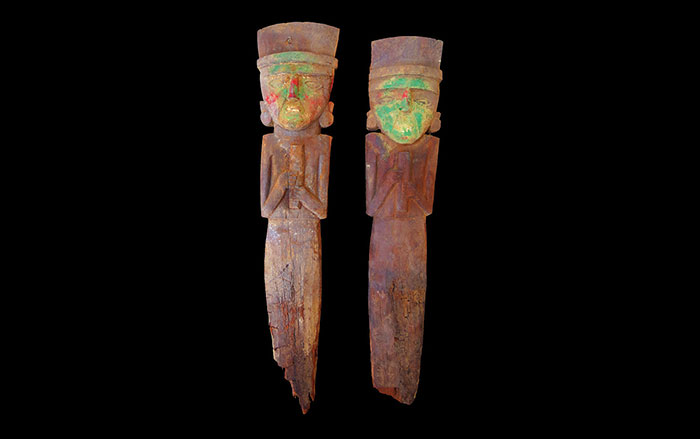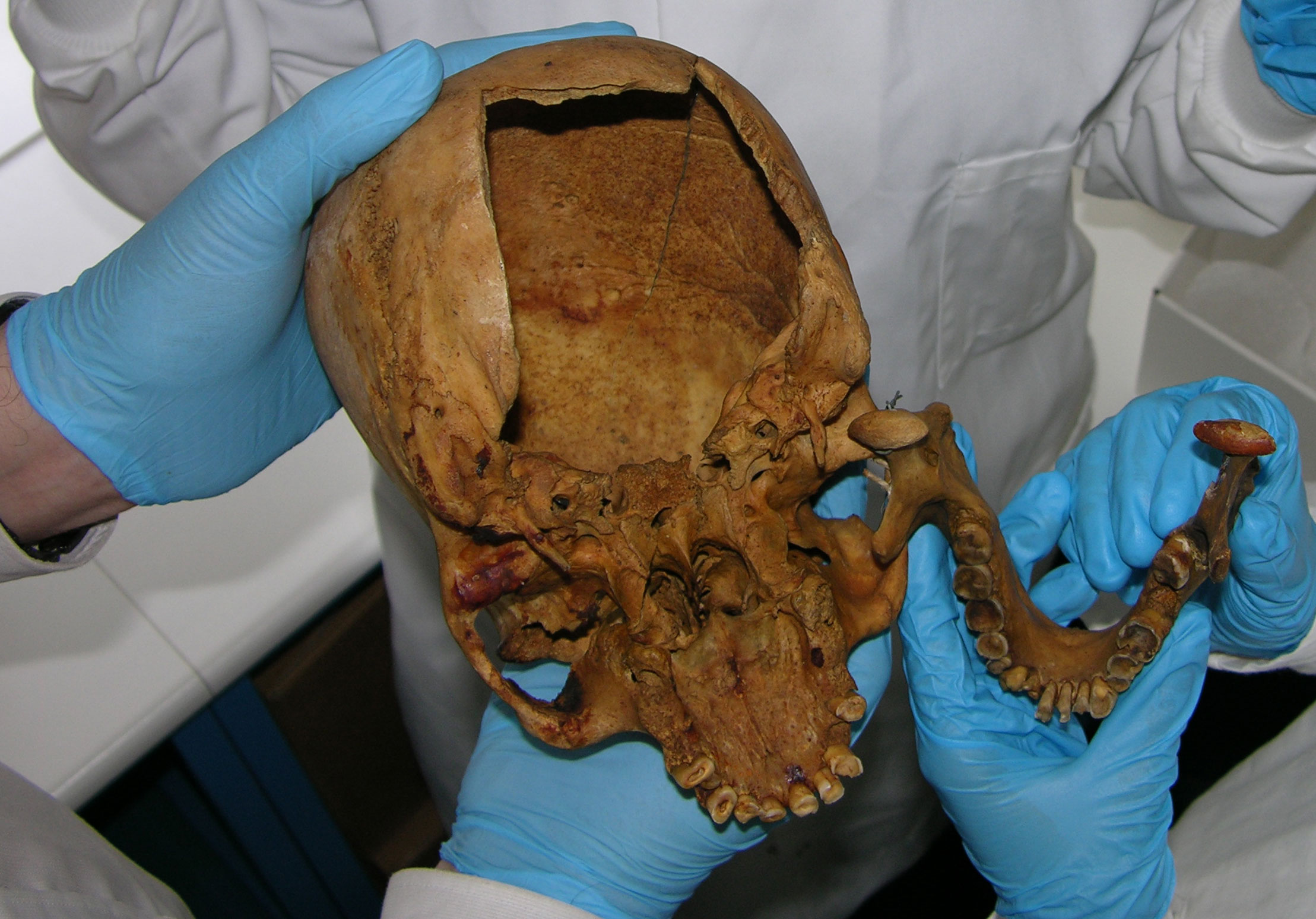
LYON, FRANCE—Researchers from the University of Lyon measured the carbon isotopes in the bones, hair, and teeth of 45 Egyptian mummies that had been brought to France in the nineteenth century, and compared what they found with similar measurements taken from pigs that had been fed a controlled diet. They also compared the carbon isotope levels in the mummies’ hair samples with those of modern European vegetarians, and found that the results were similar, suggesting that the ancient Egyptians ate that a wheat- and barley-based vegetarian diet. “We found that the diet was constant over time; we had expected changes,” Alexandra Touzeau told Live Science. Kate Spence of the University of Cambridge explained that the farmers would have moved their crops closer to the Nile River when water levels fell in order to keep growing the same crops. Egyptian wall paintings would suggest that the people regularly ate fish, and archaeological evidence of fish consumption has been found. “All this makes it a bit surprising that the isotopes should suggest that fish was not widely consumed,” Spence added.


